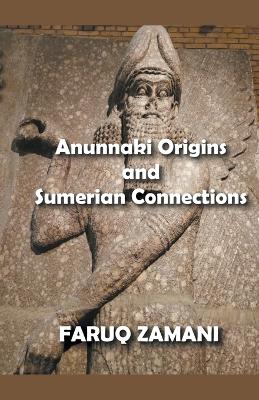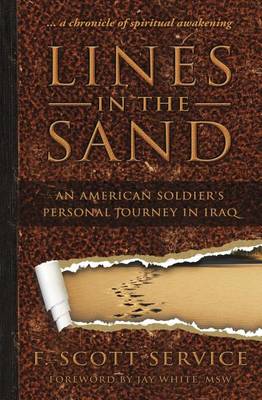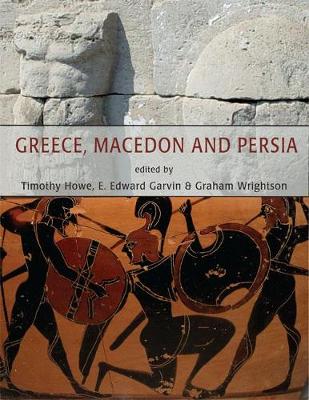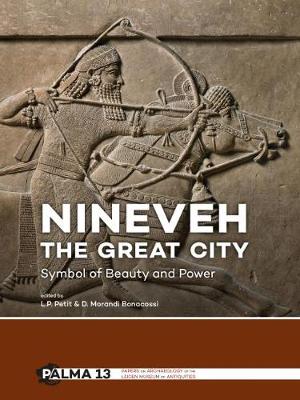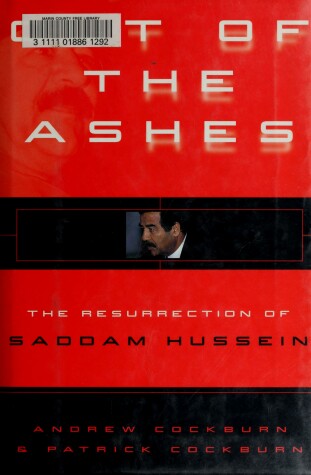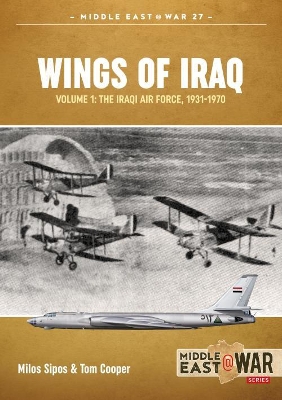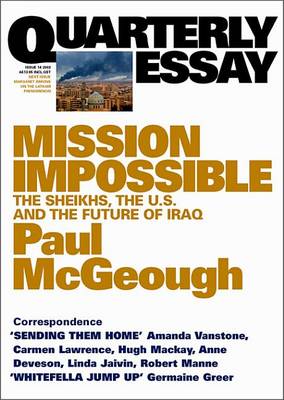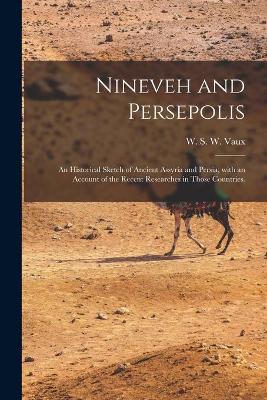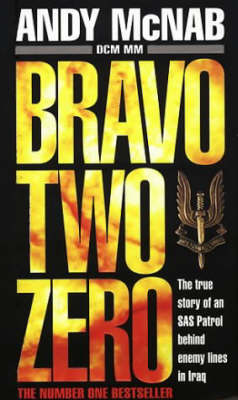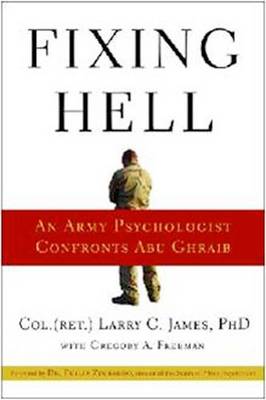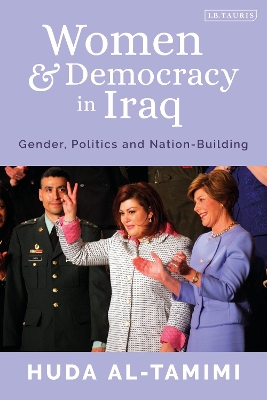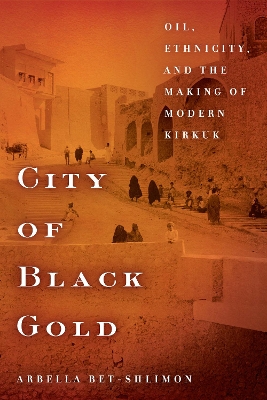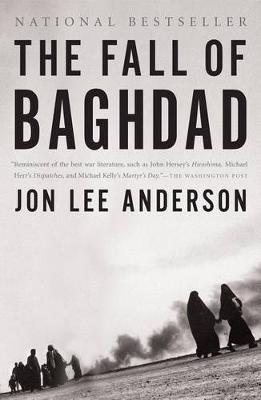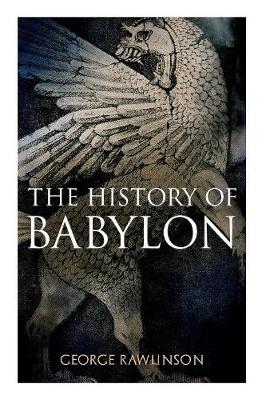'I remember the cracking sound of the AK-47 bullets as they tore through our windscreen . . . A piece of bullet struck my bulletproof vest in the chest area and another piece broke off and lodged in my left forearm.' Johan Raath and a security team were ambushed in May 2004 while on a mission to reconnoitre a power plant south of Baghdad for an American firm. He had been in the country for only two weeks. This was a taste of what was to come over the next few years as he worked as a private mi...
Everyday Life in Medieval Baghdad
Stories of court life, money, torture, swindles, sex, dreams and disease, combine the comic with the sinister and bizarre. Always entertaining, and told with wit and eloquence, the result is a wonderful first-person account of everyday life in medieval Baghdad and its surroundings. This two volume set includes translations of sections of Tankukhi's manuscript that only came to light at a later date and which are both little known and rare. This unique set contains a new introduction by one of th...
Cuneiform Texts from the Folios of W. G. Lambert, Part One (Mesopotamian Civilizations, #24)
W. G. Lambert's line drawings of cuneiform tablets from the British Museum, together with his meticulous editions of their contents, form a contribution to Assyriology unrivaled in his generation. Upon his death in 2011, Lambert bequeathed his academic legacy to A. R. George, who discovered among its contents approximately 1,400 unpublished pencil drawings. He and Junko Taniguchi took over the task of converting the drawings into images suitable for publication. The first of two planned volume...
Greece, Macedon and Persia
This book contains a collection of papers related to the history and historiography of Warfare, Politics and Power in the Ancient Mediterranean world. The contributions, written by 19 recognized experts from a variety of methodological and evidentiary perspectives, show how ancient peoples considered war and conflict at the heart of social, political and economic activity. Though focusing on a single theme - war - the papers are firmly based in the context of the wider social and literary issues...
Las primeras sociedades complejas de Mesopotamia. Halaf y Ubaid
by Fernando Espejel Arroyo
Ministry of Defence (House of Commons Papers, No. 273 (Session 2003-2004))
Nineveh, the Great City (Papers on Archaeology of the Leiden Museum of Antiquities, #13)
'Well, as for Nineveh, skipper, it was wiped out long ago. There's not a trace of it left, and one can't even guess where it was' (Lucian, 2nd century AD). Nineveh, the once-flourishing capital of the Assyrian Empire, has fascinated writers, travellers and historians alike since its complete annihilation by allied forces in 612 BC. It was said to have been a great and populous city with 90-km walls, stunning palaces and colossal statues of pure gold. Since 1842 archaeologists have been investi...
At the end of the Gulf War, the White House was confident that Saddam Hussein's days as Iraq's dictator were numbered. His army had been routed, his country had been bombed back into a pre-industrial age, his subjects were in bloody revolt, and his borders were sealed. World leaders waited confidently for the downfall of the pariah of Baghdad. Almost a decade later, they are still waiting. This is the first in-depth account of what went wrong. Drawing on the authors' firsthand experiences on th...
Officially established on 22 April 1931, around a core of 5 pilots and 32 aircraft mechanics, the Royal Iraqi Air Force was the first military flying service in any Arab country. Coming into being with the task of supporting the Iraqi armed forces and the British against revolts by local tribes, it saw extensive combat and gradually grew into a potent force. During the Anglo-Iraqi War of 1941, it became involved in its first conventional campaign in support of an anti-British coup but was destr...
In January 1991, eight members of the SAS regiment embarked upon a top secret mission that was to infiltrate them deep behind enemy lines. Under the command of Sergeant Andy McNab, they were to sever the underground communication link between Baghdad and north-west Iraq, and to seek and destroy mobile Scud launchers. Their call sign: Bravo Two Zero. Each man laden with 15 stone of equipment, they patrolled 20km across flat desert to reach their objective. Within days, their location was compromi...
In April 2004, the world was shocked by the brutal pictures of beatings, dog attacks, sex acts, and the torture of prisoners held at Abu Ghraib in Iraq. As the story broke, and the world began to learn about the extent of the horrors that occurred there, the US Army dispatched Col. Larry James to Abu Ghraib with an overwhelming assignment: to dissect this catastrophe, fix it, and prevent it from ever happening again. A nationally well-known and respected Army Psychologist, Col. James's expertise...
As the post-invasion reconstruction of Iraq has unfolded, the potential for Iraqi women to participate actively and visibly in the country’s political structure has been one of its most notable results. The 2005 Constitution required that no less than 25% of seats in the Iraqi Parliament be filled by women. Yet despite subsequent parliamentary statistics suggesting great strides for female political participation, there has been a resounding silence on the wider implications of this quota for wo...
He's fond of anyone who throws a party; he's always at a party in his dreams, for party-crashing's blazoned on his heart . . . a prisoner to the path of fine cuisine. With this statement, al-Khatib al-Baghdadi, a Muslim preacher and scholar, introduces The Art of Party-Crashing, a book that represents a sharp departure from the religious scholarship for which he is known. Compiled in the eleventh century, this collection of irreverent and playful anecdotes celebrates eating, drinking, and...
Offering a portrait of the clandestine world of international arms dealing, this is an investigative report on the men, companies and governments who, since the mid-1970s, have helped to transform Iraq from a relatively insignificant oil state into a regional superpower. After the triumph of Operation Desert Storm, questions are still unanswered: what is Iraq's military capability?; and where did Saddam Hussein get the armaments to provoke the Gulf War? In detailing the Iraqi arms build-up, this...
Kirkuk is Iraq's most multilingual city, for millennia home to a diverse population. It was also where, in 1927, a foreign company first struck oil in Iraq. Over the following decades, Kirkuk became the heart of Iraq's booming petroleum industry. City of Black Gold tells a story of oil, urbanization, and colonialism in Kirkuk-and how these factors shaped the identities of Kirkuk's citizens, forming the foundation of an ethnic conflict. Arbella Bet-Shlimon reconstructs the twentieth-century histo...
For every great historical event, at least one reporter writes an eye-opening account of such power and literary weight that it becomes joined with its subject in our minds - George Orwell's Homage to Catalonia and the Spanish Civil War; John Hersey's Hiroshima and the dropping of the first atomic bomb; Philip Gourevitch's We Wish to Inform You That Tomorrow We Will Be Killed with Our Families and the Rwandan genocide. Whatever else is written about the Iraqi people and the fall of Saddam, Jon L...
This book aims to demonstrate that the Iraqi invasion of Kuwait on 2nd August 1990 was the logical conclusion to 20 years of diplomatic duplicity, greed and corruption, particularly on the part of Britain, France and the USA. While world leaders greeted Saddam Hussein's invasion of Kuwait with astonished outrage, displaying a spirit of unity seldom seen in international politics, only a few days earlier top advisers in London, Cairo and Jerusalem had played down intelligence reports of just such...
